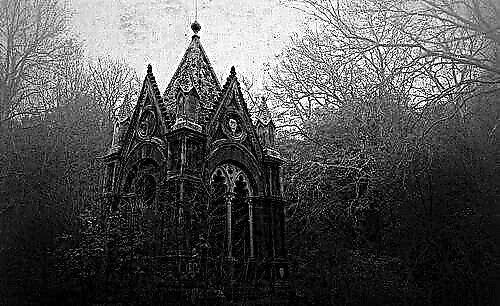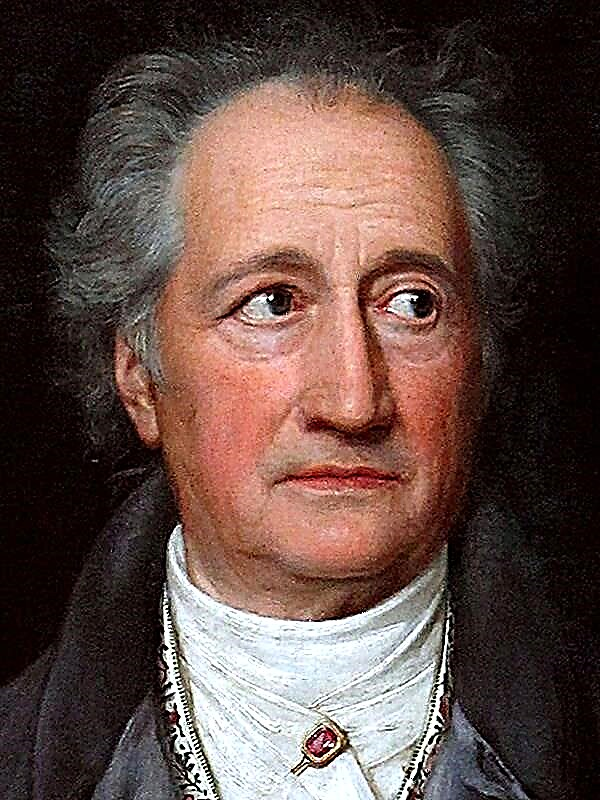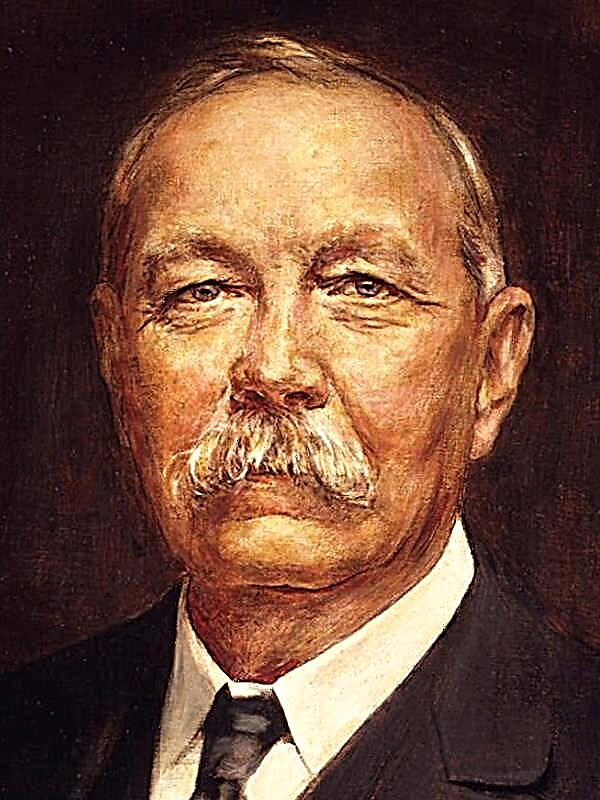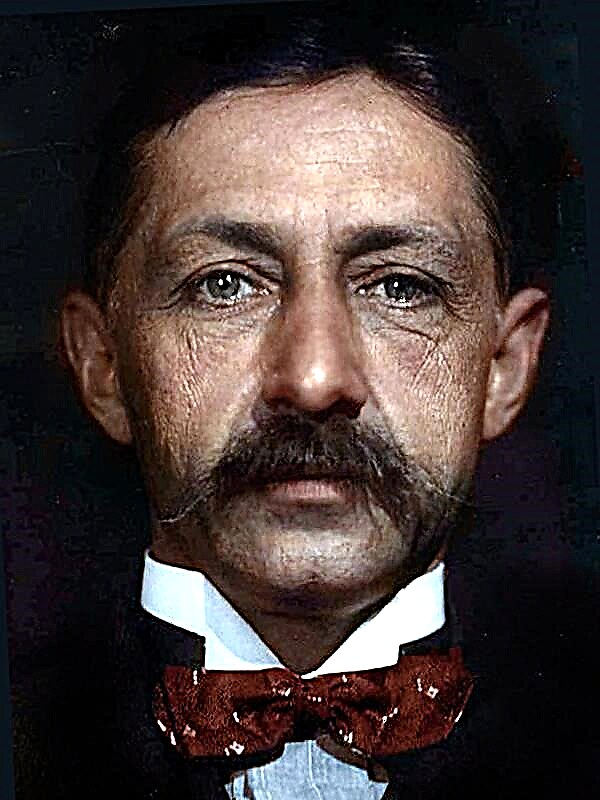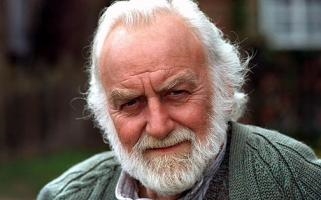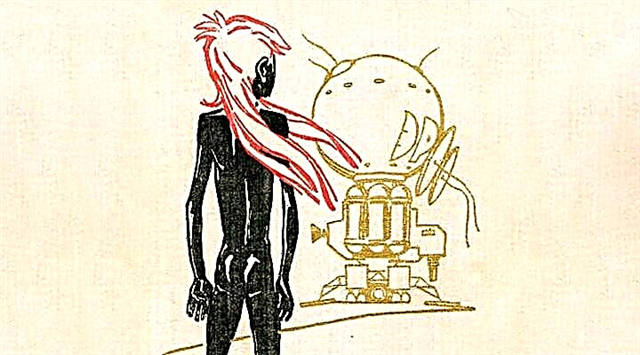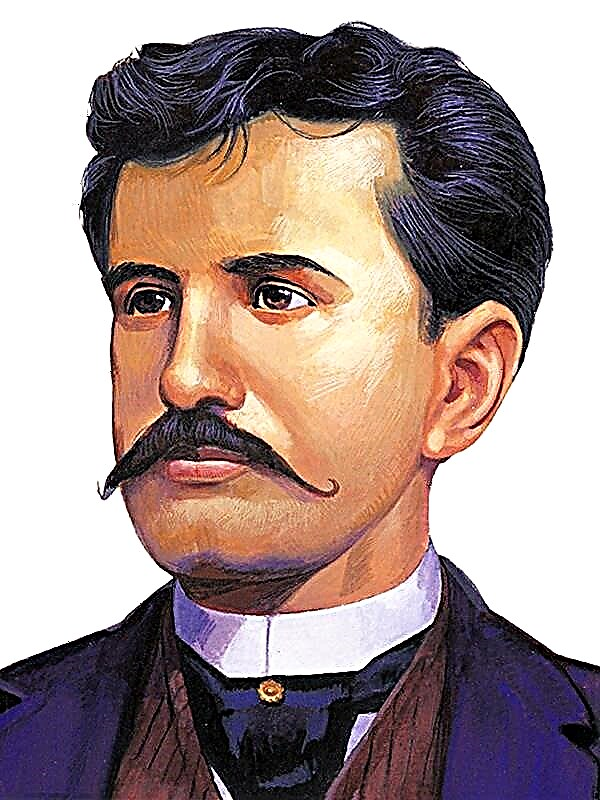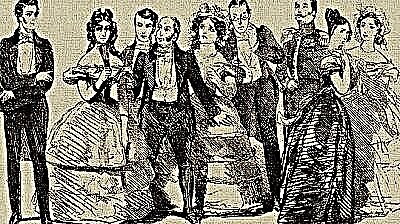Share
Pin
Tweet
Send
Share
Send
After reading many texts, we fished out the most popular problems regarding old age. All of them are useful in writing essays on the exam in the Russian language. The arguments that we selected taking into account the specificity of the criteria form the basis of this work. All of them are available for download in table format at the end of the article.
Lonely old age
- A.S. Pushkin in the novel "Station Warden" writes about Samson Vyrin, whom his daughter Dunya left, leaving with a young officer. The old man missed her very much and wanted to take care, but the kidnapper of his daughter simply pushed the arriving parent out the door. Some time after the death of the caretaker, some lady came to the place of the grave with three children and lay there for a long time. After that, she gave a nickle to the son of the brewer, who escorted her there, and left. It was the same Dunya who could not get along with the thought that her grandfather had ruined her children with her indifference
- K. G. Paustovsky in the story "Telegram" writes about an elderly woman Katerina Petrovna from the distant village of Zaborye. She had only one daughter, who lived in Leningrad, and they had not seen each other for three years. The old woman did not want to interfere, so she almost did not get in touch. The daughter only occasionally transferred her money. Once Katerina Petrovna asked Nastya to come, but she did not have time: she was in the village only on the second day after the funeral. The daughter felt guilty before her mother for her lonely old age, and stealthily left the village so that no one would see.
The role of old age in human life
- German writer Hermann Hesse wrote in his text “On Old Age” that old age is a new step in human life. According to the author, people should accept and acknowledge their old age. At this stage, you need to perform a large number of tasks, no less than at a young age. If a person evades and despises his old age from them, he will prove to be an unworthy representative of this stage of life.
- In the epic novel by L. N. Tolstoy, “War and Peace,” there is the old Prince Nikolai Andreevich Bolkonsky. Despite his advanced age, the hero of the work is full of vital energy. He constantly works: writes memoirs, makes calculations from higher mathematics, is engaged in a garden, monitors buildings. In addition, the prince is interested in what is happening in the sphere of politics and the military situation in Russia. Old age does not prevent Nikolai Bolkonsky from leading an intense lifestyle.
The problem of perception of old age
- In the story of K. Paustovsky "The Old Chef" describes a person of advanced age, who is seriously ill, and is fully aware and accepts a quick death. He wants to confess before his death, but he does not have the opportunity to invite a priest. Therefore, instead of a worshiper, a simple passerby comes. He forgives the sins of the old cook and even fulfills the desire. Using music helps a dying person see the past. The old man recognizes his name and calmly departs to another world.
- M.M. Prishvin in the story “The Old Mushroom” describes an elderly person who talked about old age. Once his friend was called an old mushroom, and he remembered how he went to the forest. There was a russula, from which, after the rain, the birds and the narrator himself drank. That is, this fungus was beneficial, and later had to give seeds to produce offspring. The companion of the narrator also benefited, despite his old age.
Disrespect for the older generations
- A.P. Chekhov in the play “The Cherry Orchard” talks about an old servant named Firs, who loved, respected his masters and served them all his long life. Once the inhabitants of the house had to move. They were going to send an elderly person to the hospital, but this was far from the primary task for them. As a result, the gentlemen left, forgetting Firs alone in the boarded up house. There he died.
- In the novel in verses A.C. Pushkin's "Eugene Onegin" refers to the uncle of the protagonist, who was seriously ill and lay dying. Eugene courted him, but it was a burden to him, and to himself he thought about how such a pastime is tiring. Onegin dreamed of a speedy death of the patient in order to quickly throw off the burden of responsibility and get an inheritance. The author conveys this thought of a young man: "What a low treachery of the half-dead to amuse." However, such thoughts give away cynicism and expose the petty and selfish nature of the speaker. To these “half-dead” people, we, young and healthy, owe life and all that we have.
Age mismatch
- In the story of I. A. Bunin, "Youth and Old Age," we are talking about a Kurd who told a parable to a handsome Greek. The main idea was that a person should fulfill only his functions, without wasting life on earning wealth and protecting them. Then he will remain young spiritually, and will be old only in body. Kurd argues that you need to maintain humanity and dignity, then with age you will not become grouchy.
- In the story of L. I. Lagin, “The Old Man Hottabych,” the self-titled character retains his youth, despite his considerable age. He is still cheerful, cheerful and always ready to do crazy things. Old man Hottabych quickly learns and, after a long stay in prison, tries to integrate into the rhythm of life in modern society. A man seeks in everything to help his young master and administer justice where necessary.
Share
Pin
Tweet
Send
Share
Send

